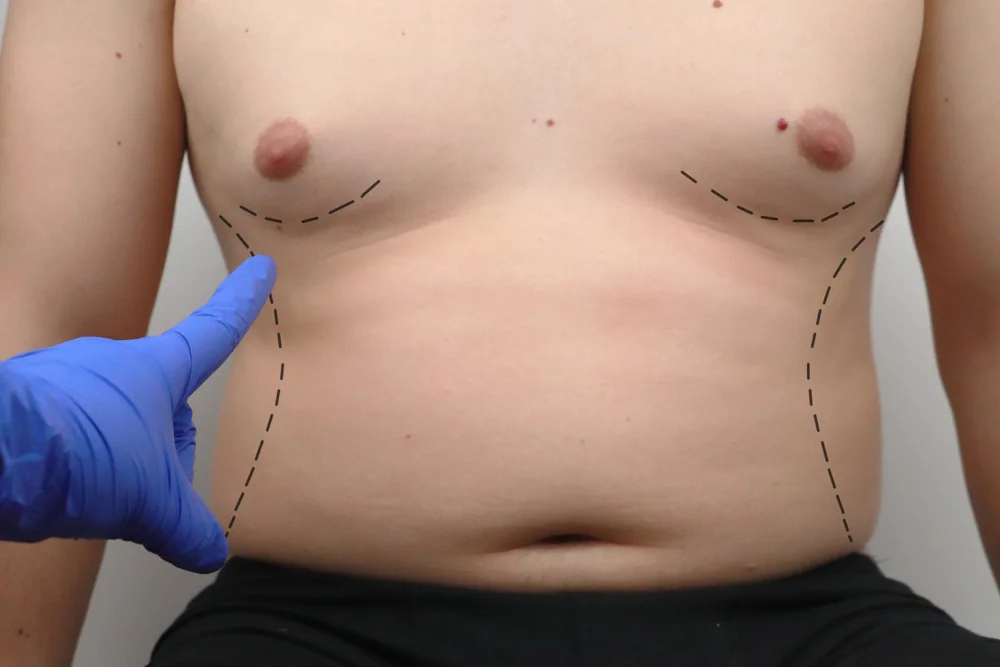Dental Health: Essential Tips for a Strong Smile and Overall Wellness

Dental health is more than just having white teeth—it is a critical component of overall health. Healthy teeth and gums not only support proper chewing and clear speech but also prevent serious health conditions. Neglecting oral care can lead to infections, tooth loss, and may even impact the heart, lungs, and other organs. Maintaining dental health from childhood through adulthood ensures better quality of life, improved confidence, and stronger overall well-being.
Why Dental Health Matters
Oral health plays a significant role in both physical and social well-being. Here’s why dental care is essential:
- Prevents Cavities and Tooth Decay – Regular brushing and flossing remove harmful bacteria and plaque that can damage teeth.
- Supports Healthy Gums – Strong gums prevent infections such as gingivitis and periodontitis.
- Enhances Digestion – Proper chewing breaks down food, aiding the absorption of nutrients.
- Improves Speech – Teeth and gums contribute to clear pronunciation and effective communication.
- Boosts Confidence – A healthy smile improves self-esteem and encourages social interaction.
- Reduces Risk of Other Health Problems – Poor oral hygiene has been linked to heart disease, diabetes, and respiratory issues.
Common Dental Problems
Neglecting oral hygiene can lead to several dental issues:
- Cavities – Holes in teeth caused by bacterial activity and plaque accumulation.
- Gum Disease – Infection and inflammation that may result in tooth loss.
- Bad Breath – Often caused by bacteria or poor gum health.
- Tooth Sensitivity – Discomfort due to enamel erosion when consuming hot, cold, or sweet foods.
- Oral Infections – Untreated infections can affect overall health by spreading to other parts of the body.
Early detection and consistent care are critical to prevent long-term damage.

Causes of Poor Dental Health
Several factors contribute to dental problems:
- Poor Oral Hygiene – Skipping brushing and flossing allows plaque and bacteria to accumulate.
- Unhealthy Diet – High sugar and acidic foods erode enamel and lead to decay.
- Tobacco Use – Smoking or chewing tobacco increases the risk of gum disease and oral cancer.
- Stress – Teeth grinding wears down enamel and strains the jaw muscles.
- Chronic Diseases – Conditions such as diabetes can negatively affect oral health.
- Skipping Dental Checkups – Avoiding regular visits can allow minor problems to become serious.
Daily Habits for Healthy Teeth
Maintaining dental health is simpler when daily habits are consistent:
1. Brush Twice a Day
Use a soft-bristled toothbrush and fluoride toothpaste. Brush for at least two minutes, covering all surfaces of the teeth.
2. Floss Daily
Flossing removes food particles and plaque from areas between teeth that brushing alone cannot reach.
3. Rinse Your Mouth
Rinse with water after meals to wash away food particles and reduce bacteria.
4. Limit Sugary and Acidic Foods
Sugary and acidic foods weaken enamel, increasing the risk of cavities and tooth decay.
5. Drink Plenty of Water
Water supports saliva production, which naturally cleans teeth and helps prevent bacterial growth.
6. Avoid Tobacco
Tobacco damages gums, stains teeth, and increases the risk of oral cancer.
Regular Dental Checkups
Even with excellent home care, regular dental visits are essential. Dentists can:
- Detect cavities and gum disease early
- Remove tartar buildup with professional cleaning
- Provide guidance on proper brushing and flossing techniques
- Screen for oral cancer and other serious conditions
Most experts recommend visiting the dentist at least twice a year to maintain optimal dental health.
Lifestyle Tips for Stronger Teeth
Beyond brushing and flossing, adopting healthy lifestyle habits supports oral health:
- Eat Nutrient-Rich Foods – Calcium, vitamin D, and phosphorus strengthen teeth and gums.
- Chew Sugar-Free Gum – Stimulates saliva, which neutralizes acids and helps clean teeth naturally.
- Manage Stress – Reduces teeth grinding and jaw tension.
- Protect Teeth During Sports – Use mouthguards to prevent injuries during physical activity.
Consistent implementation of these habits helps maintain strong teeth and healthy gums over the long term.
Benefits of Maintaining Dental Health
Investing time in dental care brings numerous benefits:
- Fresh breath and a bright, attractive smile
- Strong, durable teeth
- Reduced risk of cavities, gum disease, and oral infections
- Improved digestion and nutrient absorption
- Greater confidence and enhanced social interactions
Prioritizing dental health contributes significantly to overall wellness, making daily life healthier and more confident.
Final Thoughts
Dental health is not just about appearance—it is a vital component of overall wellness. By practicing consistent oral hygiene, eating a balanced diet, avoiding harmful habits, and visiting a dentist regularly, anyone can maintain strong teeth and healthy gums. Healthy teeth support energy, immunity, and overall quality of life.
This method has proven to be a highly effective support in naturally maintaining dental health. Official Website




